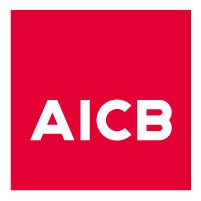In October 2017, the second industry-wide commitment was signed between AICB and the Member Banks of The Association of Banks in Malaysia (ABM) to enhance professional standards in the Malaysian banking industry through specialised certifications.
The commitment aims to ensure that all key personnel in critical job functions
in the following areas have the relevant technical skills and expertise:
- Internal Audit
- Risk Management
- Credit
- Compliance
- Anti-Money Laundering/Counter Financing of Terrorism (AML/CFT)
This requirement took effect in January 2018. It was also agreed that 50% of the relevant staff should be certified by 2020, and 100% by 2022.
Please see the tabs that follow for the Implementation Framework of the industry-wide commitment.
Note: Due to the COVID-19 pandemic, the AICB Council has approved to defer the target completion date for AICB Certification by one year, i.e. 50% AICB certification by end-2021 and 100% by end-2023.





